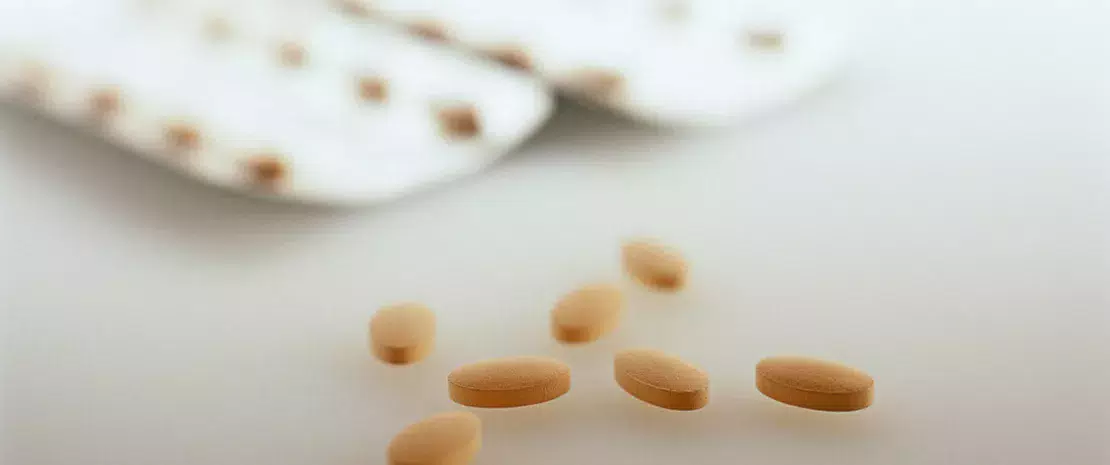Gut microbiota key to variability in statin response
Today, 25%-30% of people over the age of 40-50 in Europe and the United States take statins. However, variability between patients in their response to treatment remains a challenge for clinicians. Can the characteristics of patients’ gut microbiota help us predict and manage this variability?
Lay public section
Find here your dedicated section
Sources
This article is based on scientific information

About this article
Statins reduce the risk of atherosclerotic cardiovascular disease by inhibiting the activity of the 3-hydroxy-3-methylglutarate-coenzyme-A (HMG-CoA) reductase enzyme involved in the hepatic synthesis of low-density lipoprotein (LDL). Unfortunately, their effectiveness on LDL levels varies considerably among patients and adverse effects can occur, particularly insulin resistance, which increases the risk of type 2 diabetes mellitus. For physicians, determining the “maximum tolerated dose” for each patient based on the guidelines1 is often down to trial and error. However, this approach wastes time and can undermine patient compliance.
A blood marker to measure response to statins
Recent studies have already shown links between the gut microbiota and atherosclerotic cardiovascular risk, but also between the microbiota and statin use. Now US researchers2 have studied the gut flora’s role in responses to statins. By metabolizing statins, bacteria in the gut microbiota may modulate their bioavailability and potency to the host, or even contribute to their adverse effects. In a US cohort of 1,848 adults, 244 of whom were statin users, the researchers first validated a marker of statin response, plasma levels of the HMG-CoA reductase substrate, or HMG. HMG levels were found to be significantly higher in statin users than in non-users, and were negatively correlated with blood LDL levels in statin users only. The level of HMG reflected both the intensity of statin therapy and the presence of genetic variants in patients affecting their response to therapy.
Microbiota profile influences treatment efficacy and metabolic risk
The researchers then studied the association between statin efficacy as measured by HMG levels, the effect of statins on glucose control as measured by the Homeostatic Model Assessment for Insulin Resistance (HOMA-IR) score, and the composition of the gut microbiota, analyzed via 16S rRNA sequencing. They found that a more Bacteroides-enriched and diversity-depleted gut microbiome was associated with more intense statin responses, both in terms of efficacy and adverse effects on glucose control. However, a flora richer in Ruminococcaceae seemed to protect against the metabolic risk. These results were confirmed in a European cohort of 991 subjects whose gut microbiota was sequenced using a different method.
Towards precision statin therapies?
This work not only explains variability in statin response, but also holds out the prospect of clinical tools to manage this variability. Indeed, plasma levels of HMG may supplement LDL levels as a source of information on treatment efficacy. Identifying the gut microbiota profile of patients may also allow us to predict responses to statins, to improve such responses using probiotics where necessary, and lastly, to propose to patients a more personalized treatment strategy for cardiovascular diseases.







